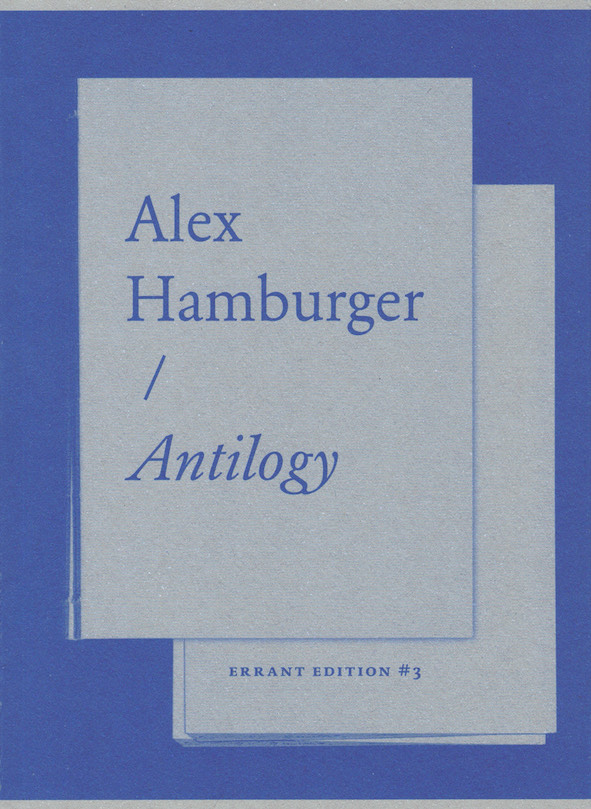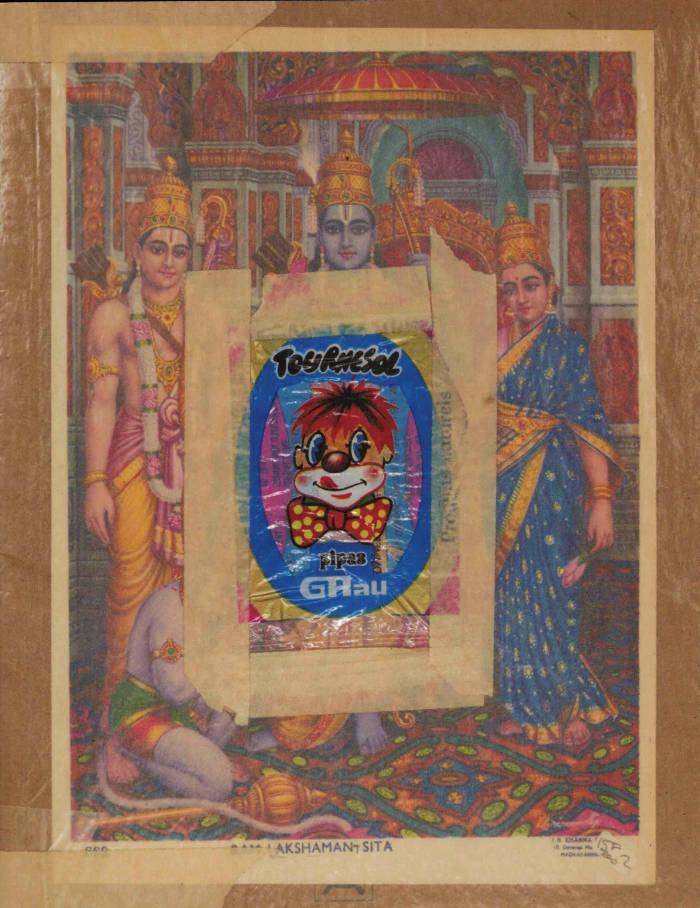
The Imaginary Republic
Brandon LaBelle ed.
The Imaginary Republic is an artistic research project focusing on questions of social practice. In particular, it considers the creative and restless imaginaries underpinning our political selves and argues for a deeper engagement with what Elena Loizidou terms “dream-action”: the figurative and poetic staging of world making activity.
The publication brings together participating artists Tatiana Fiodorova, Octavio Camargo / Brandon LaBelle, the Sala-Manca Group, and Joulia Strauss, whose practices engage situations of struggle and autonomous cultures through a range of methods and approaches. From social fictioning to camouflaged interventions, collaborative pedagogies to gestures of care, their works propose unlikely paths of mutuality. The publication includes documentation of an exhibition held at Kunsthall 3,14 in Bergen, as well as key essays and works by theorists and artists Rhiannon Firth, Hélène Frichot, Marysia Lewandowska, Gerald Raunig, Raimar Stange with Oliver Ressler, and Manuela Zechner.






